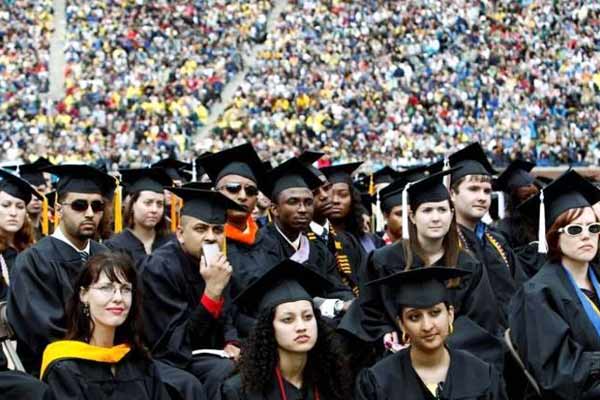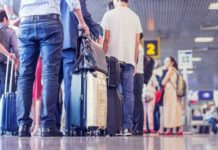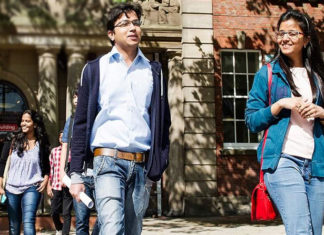The United States has announced Wednesday that it will switch to a new system for processing H-1B petitions that will give priority to foreign workers with advanced degrees from an American institution of higher education, over those hired abroad, in India, China, and other countries.
The new system, which typically kicks off from April 1, will also introduce electronic registration of petitions, which, however, will be suspended for the upcoming H-1B 2020 season.
The move comes in line with President Donald Trump’s repeated assertions in support of merit-based immigration. The switch in the selection process is expected to increase the number of beneficiaries with advanced degrees from U.S. institutions by an estimated 16 percent (or 5,340 workers).
Francis Cissna, director of the U.S. Citizenship and Immigration Services (USCIS), which runs the H-1B visa programme, gave a nod to Trump in a statement announcing the new rule and said: “U.S. employers seeking to employ foreign workers with an American masters or higher degree will have a greater chance of selection in the H-1B lottery in years of excess demand for new H-1B visas.”
Trump had himself signaled the new rule in a tweet earlier this month in which he had said: “changes are soon coming which will bring both simplicity and certainty to your stay, including a potential path to citizenship”. And, he had added, “We want to encourage talented and highly skilled people to pursue career options in the U.S.”
The U.S. grants 65,000 visas to foreigner workers hired abroad for specialty professions sponsored by American employers each year under a congressionally mandated cap. Some other 20,000 visas are granted to foreigners with the advanced degree from the U.S. colleges and universities.
More than 70 percent of the total visas go to Indian beneficiaries hired by both U.S. companies such as Amazon, Microsoft and Google, and U.S. arms of Indian outsourcing giants such as Infosys, Tata Consultancy Services, and Wipro.
Beginning April 1, United States Citizenship and Immigration Services (USCIS) will first select H-1B petitions submitted on behalf of all beneficiaries, including those that may be eligible for the advanced degree exemption, who would earlier have been set aside for the advanced degree category lone.
The immigration agency would then select from the leftover eligible petitions to fill the category for advanced degree exemption. This is expected to push up the number of advanced degrees beneficiaries by 16 percent. “The reverse selection order will apply to petitions filed for the financial year 2020 H-1B cap season,” USCIS said.
-Sowmya sangam















































